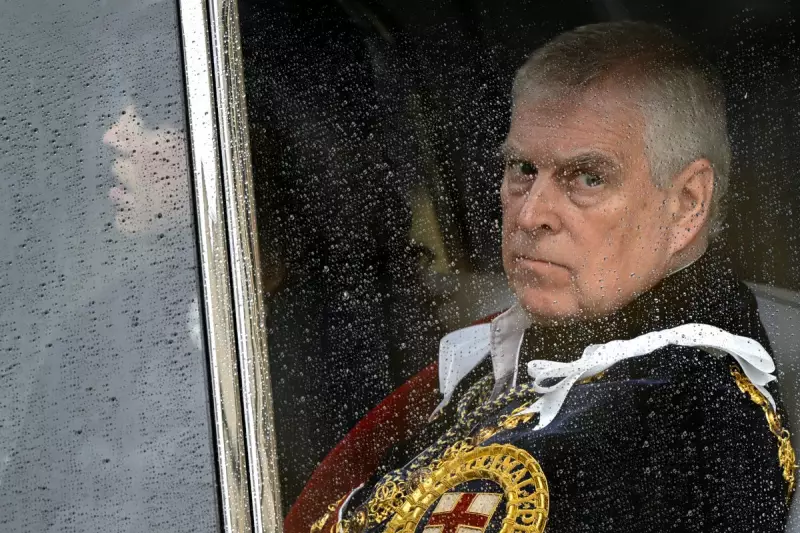
The ongoing saga surrounding Prince Andrew has evolved from a personal scandal into something far more significant - a stark revelation of systemic problems within the very foundation of the monarchy itself.
A Symptom of Broader Institutional Failings
While the Duke of York's association with convicted sex offender Jeffrey Epstein and the subsequent civil case brought by Virginia Giuffre have dominated headlines, royal commentators suggest these events merely expose deeper structural issues that have festered within the House of Windsor for decades.
The Royal Family's traditional approach to handling controversy - often characterised by silence, deflection, and a belief that problems will simply disappear - appears increasingly inadequate in today's transparent, digitally-connected world.
The Changing Royal Landscape
Several factors have converged to create this pivotal moment for the institution:
- The Megxit effect: Prince Harry and Meghan Markle's departure highlighted generational divides and dissatisfaction with royal protocols
- Transparency demands: Modern media scrutiny and public expectations have dramatically shifted
- Financial pressures: Questions about royal finances and the true cost of maintaining multiple working royals
- Relevance concerns: Younger generations increasingly question the monarchy's contemporary purpose
Constitutional Implications and Public Trust
The Andrew situation raises uncomfortable questions about the monarchy's relationship with Britain's constitutional framework. The Duke's former role as a trade envoy and his continued use of royal privileges despite serious allegations have prompted discussions about accountability mechanisms - or the lack thereof.
Public opinion polls consistently show declining support for Prince Andrew personally, but more worryingly for the institution, they also reveal growing scepticism about whether the current royal model remains fit for purpose.
The Road to Reform
Many royal observers argue that meaningful change requires:
- Streamlining the monarchy: Focusing resources and public attention on fewer, more relevant working royals
- Enhanced accountability: Clearer protocols for dealing with members who face serious allegations
- Modernised communications: Moving beyond traditional press relations to engage with public concerns more directly
- Redefined purpose: Articulating a clearer, more relevant role for the monarchy in 21st-century Britain
As King Charles III settles into his reign, he inherits not just the Crown's traditions and privileges, but also its accumulating challenges. The Andrew situation serves as a powerful reminder that no institution, no matter how ancient or revered, remains immune to the demands for accountability and reform.
The true test for the monarchy may not be weathering the current storm, but demonstrating the capacity to evolve fundamentally in response to it.





